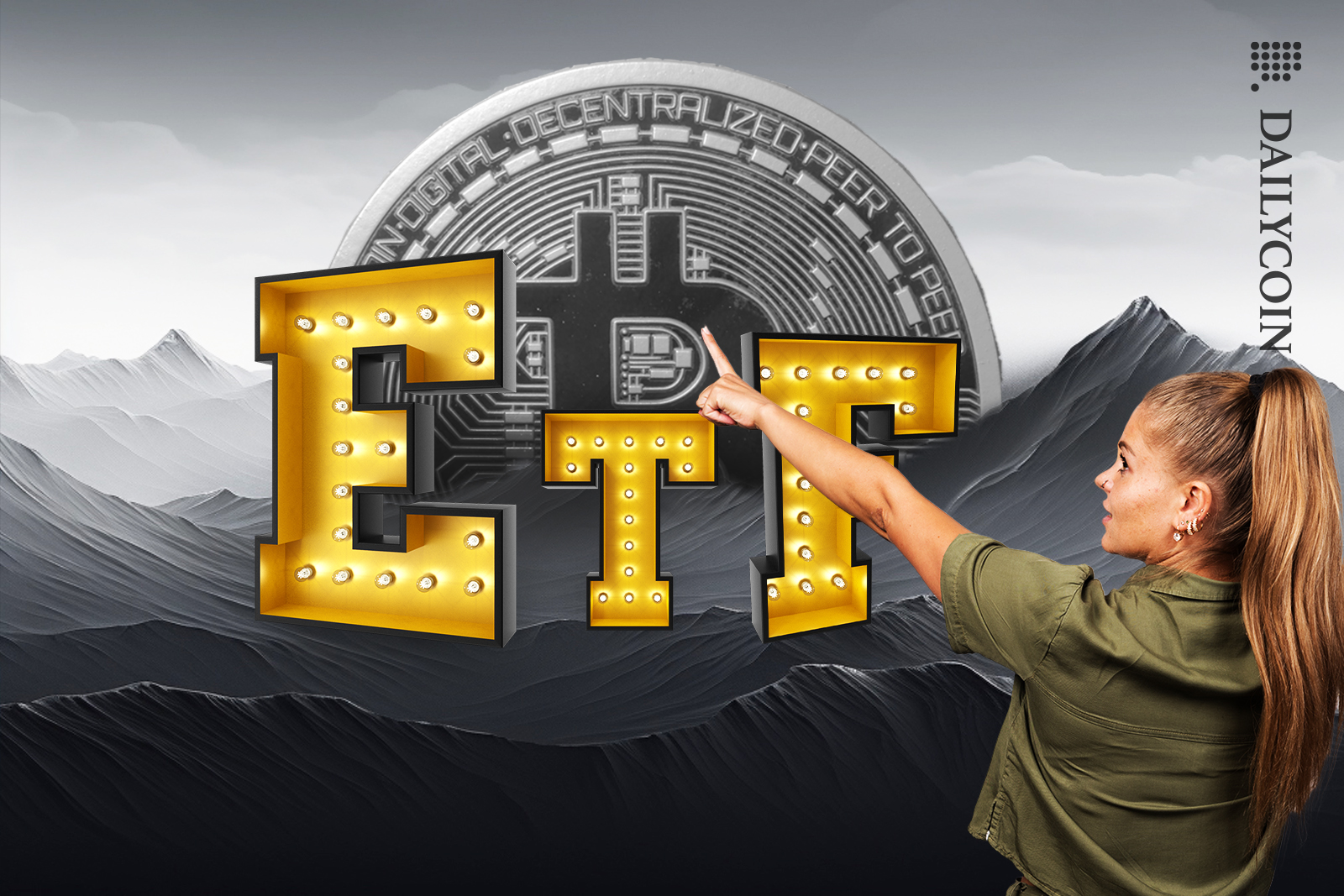
- SEC’s landmark decision met with a composed response.
- Key figures emphasize moving beyond the ETF news.
- Experts offer a measured response.
After months of excitement, the Securities and Exchange Commission finally approved the first Spot Bitcoin ETFs in the US. The approval marks a significant milestone, potentially opening doors to increased institutional investment in Bitcoin.
However, this news was met with an unexpectedly calm response from the market and the online crypto community, commonly known as Crypto Twitter.
Community Responds to Bitcoin ETF Approval
On Wednesday, January 10, the cryptocurrency community witnessed a historic moment – the approval of a Bitcoin ETF by the Securities and Exchange Commission (SEC). This event was anticipated to create excitement across Crypto Twitter, yet the reaction was notably subdued.

The Wolf Of All Streets, a prominent crypto influencer, captured this sentiment succinctly, tweeting, “Bitcoin Spot ETF approved. It’s official. Now let’s go back to our normal lives.”
Similarly, Ivan on Tech, another influential figure in the space, quickly shifted focus to the next big event in the crypto world – the Bitcoin halving, downplaying the ETF news as ‘old news.’
SEC Fake News Contributes to Lack of Excitement
One possible reason for a lack of excitement over the ETF approval is the latest fake news from the SEC’s Twitter account. The account, taken over by hackers, published a fake announcement of ETF approvals.
Sponsored
Due to this hack, some users expressed skepticism or disbelief about the approval. One user demanded, in jest, photographic proof from SEC Chair Gary Gensler.
Another potential reason is the low likelihood of retail investors actually investing in the EFTs. For retail investors, holding the underlying offers more advantages than derivative products.
Still, the ETF will likely open doors for institutional investors, who can’t easily hold crypto assets directly. For that reason, many expected the crypto markets to shoot up following the announcement.
However, the digital asset still faces an uphill battle regarding adoption. For instance, Isabel Schnabel of the European Central Bank (ECB) stated that the ECB is very unlikely to ever buy Bitcoin.
On the Flipside
- Despite the Bitcoin ETF approval, a significant segment of the financial world remains skeptical about Bitcoin and cryptocurrencies.
- The Bitcoin ETF approval will likely not end the ongoing regulatory challenges in the cryptocurrency space in the US.
Why This Matters
The approval of a Bitcoin ETF represents a significant milestone in the journey of Bitcoin from a niche digital asset to a recognized financial instrument.
Read more about the importance of a Spot Bitcoin EFT approval:
What Is a Spot Bitcoin ETF and Why Is It So Important?
Read more about the unlikely beneficiary of the ETF approval:
Bitcoin ETF Approval to Boost US Govt’s $10B Crypto Holdings
